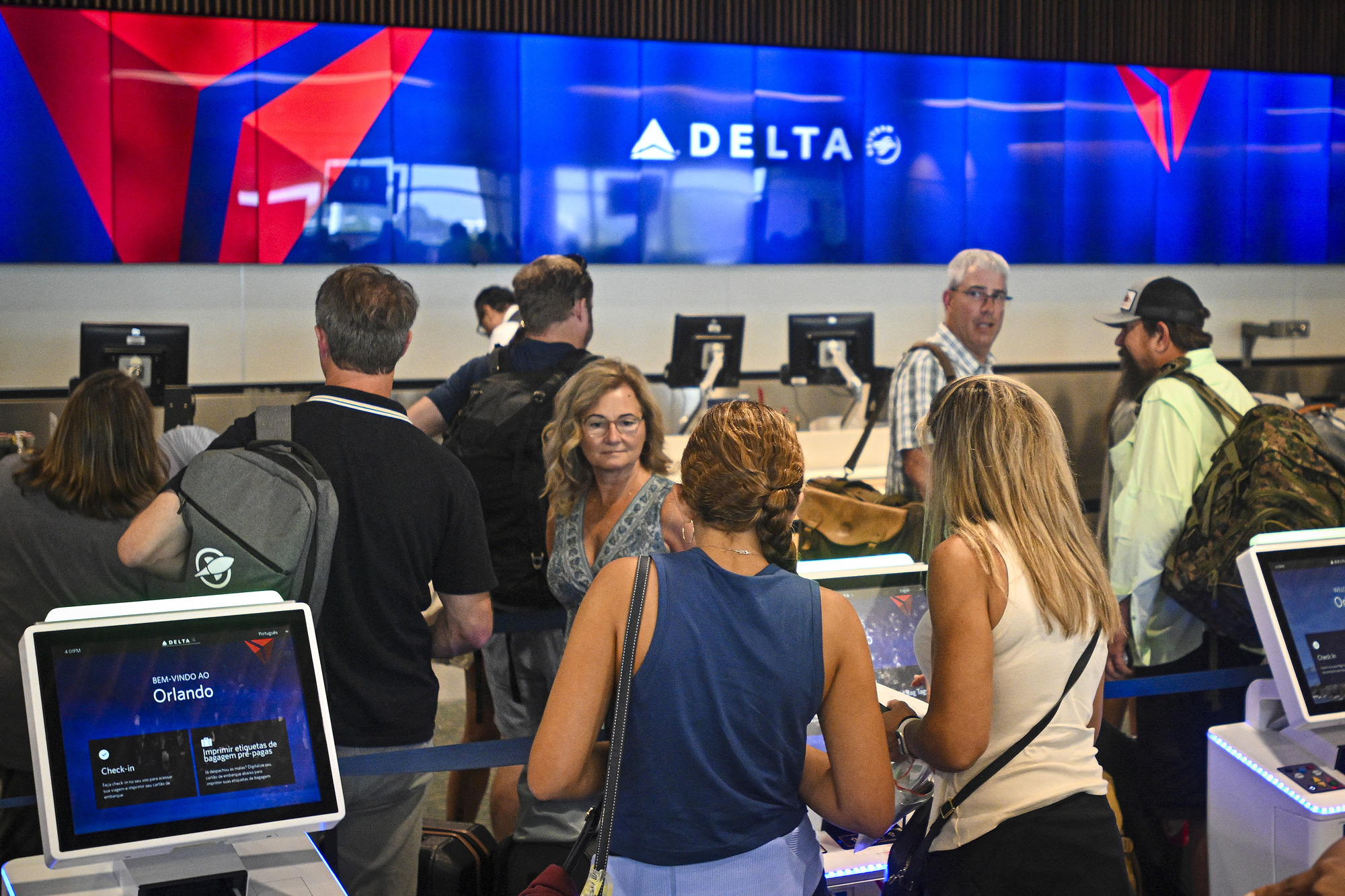
Check-in at a US airport was significantly delayed as staff had to switch to manual operations – Photo: AFP
According to Russia's Sputnik News Agency, Russia's important systems were completely unaffected by the CrowdStrike Falcon security software bug that crashed global computer systems on July 19.
This is thanks to the country's development and use of homegrown cybersecurity tools, as well as Russian-developed operating software for key infrastructure.
A typical example is Astra – an automated airport check-in system for passengers and baggage (DCS) at airports. This system was developed by the Russian-based technology company Sirena-Travel.
Astra is used at major Russian airports, notably Sheremetyevo and Domodedovo airports in Moscow. It is also used at airports in countries such as Azerbaijan and Uzbekistan.
The system can process up to 6 million passengers per month. In addition to passenger check-in and baggage handling, Astra can also schedule aircraft maintenance, monitor daily flight plans, interact with passport control and border control, and monitor the payload of commercial flights.
Sputnik claims that Astra fully complies with the standards and requirements of the International Air Transport Association (IATA) and supports all standard message formats with other check-in systems. The system is specifically compatible with the Russian security agency's Magistral online passport check tool.
Astra's default languages are English and Russian. Airport staff can operate the system after just two days of training.
After the CrowdStrike incident, Domodedovo airport representatives confirmed that the unit is ready to provide Astra to other airports as a backup check-in system.
Since the morning of July 19 (Vietnam time), a series of computer systems around the world have been paralyzed, with affected fields including aviation, banking, finance, healthcare, etc.
The issue was identified as security firm CrowdStrike releasing a flawed update to its Falcon software that caused systems running Microsoft's Windows operating system to repeatedly reboot.
World aviation recovers from cyber security incident
According to CNN, on July 20, airlines in Asia such as Jetstar Japan, Hong Kong Express and Cebu Pacific announced that their operations had begun to recover after the CrowdStrike incident.
In a statement on its website, Jetstar Japan said it “expects to resume normal operations” on July 20, except for five flights that were previously canceled.
Hong Kong Express also confirmed that its online booking and check-in systems are “almost back up and running.” However, only four flights will depart as originally scheduled on July 20, while 20 flights have been cancelled.
Philippine airline Cebu Pacific said its booking, automated check-in and other systems “have been restored, but flight operations will need more time to return to normal.”
“Our engineering team continues to make good progress in restoring full system functionality following the global computer outage,” the airline said in a statement.


![[Photo] Prime Minister Pham Minh Chinh meets with King Philippe of Belgium](https://vstatic.vietnam.vn/vietnam/resource/IMAGE/2025/4/1/be2f9ad3b17843b9b8f8dee6f2d227e7)


![[Photo] Close-up of Vietnam's sniffer dog team searching for earthquake victims in Myanmar](https://vstatic.vietnam.vn/vietnam/resource/IMAGE/2025/4/1/d4949a0510ba40af93a15359b5450df2)
![[Photo] General Secretary To Lam receives King Philippe of Belgium](https://vstatic.vietnam.vn/vietnam/resource/IMAGE/2025/4/1/e5963137a0c9428dabb93bdb34b86d7c)
![[Photo] President Luong Cuong and King Philippe of Belgium visit Thang Long Imperial Citadel](https://vstatic.vietnam.vn/vietnam/resource/IMAGE/2025/4/1/cb080a6652f84a1291edc3d2ee50f631)
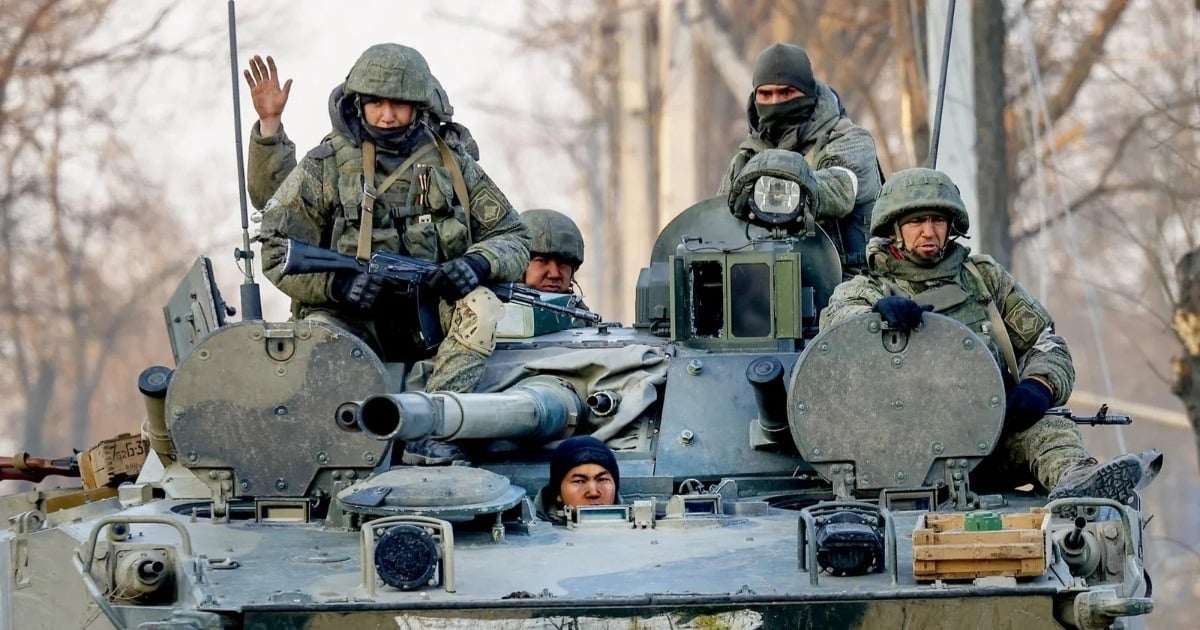






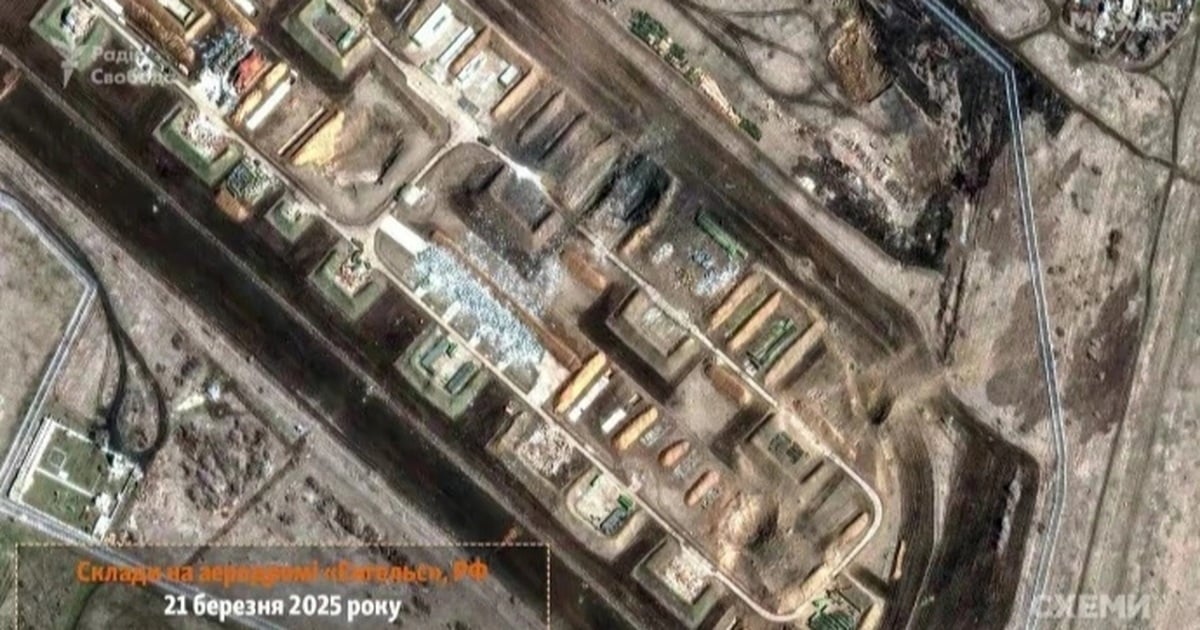

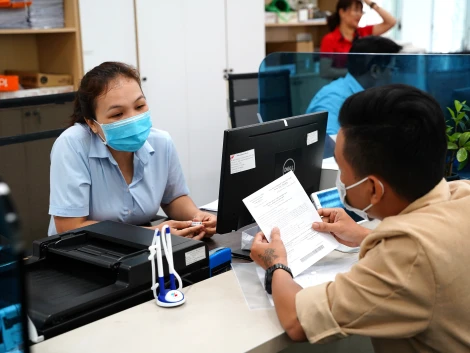










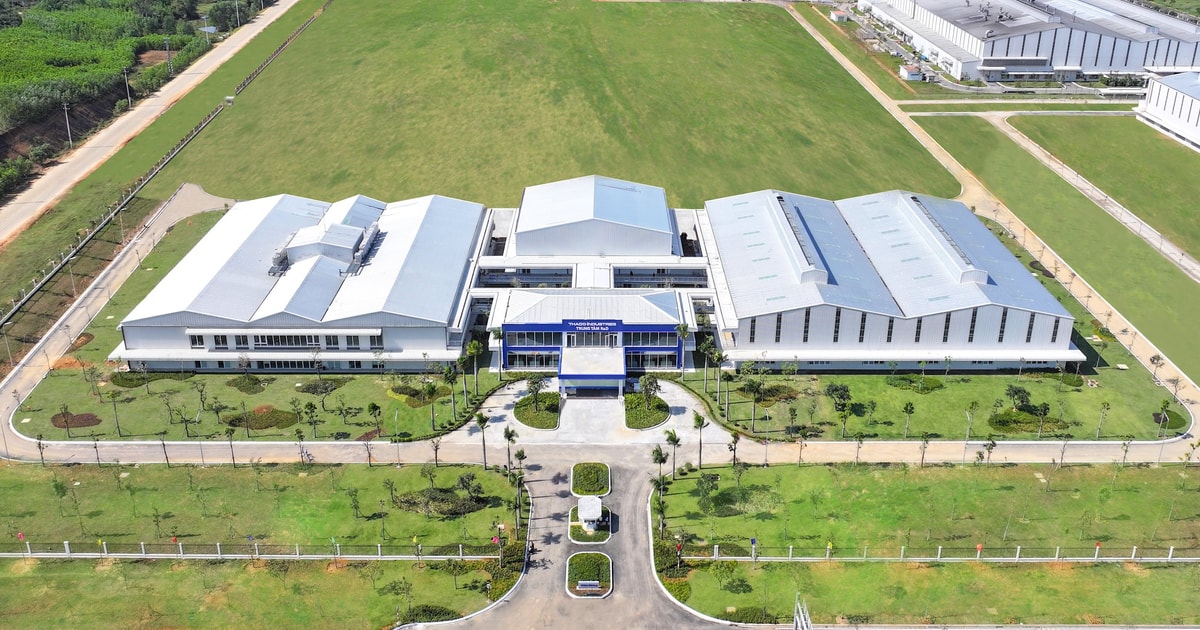

































































Comment (0)